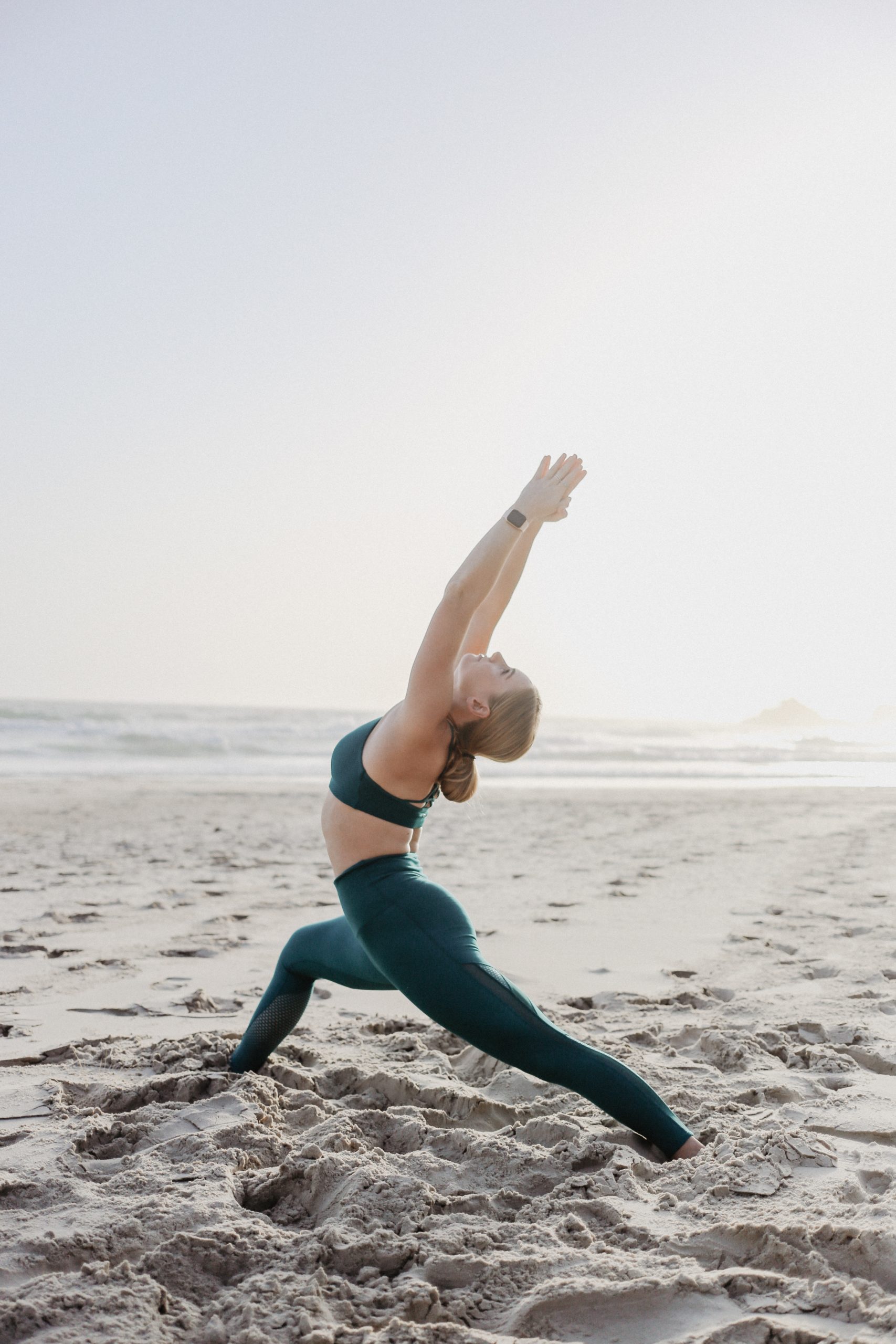Self-partnered is a new identity that is being embraced by single individuals, couples, and everyone in between. It doesn’t have a complex definition or a deep psychological explanation, in fact, it simply means you enjoy being with yourself.
IS IT DIFFERENT TO BEING SINGLE?
Yes, but also no. Being single should be a celebration of independence, positivity, and freedom. Unfortunately, the single identity tag has developed negative connotations and can often be associated with being alone, antisocial, and unattractive. Self-partnering, on the other hand, removes these negative connotations and focuses only on the upside of single status. Self-partnering is a shift towards contentedness and fulfillment versus loneliness.
For singles, this may mean focusing less on finding a love interest, ditching the dating apps, and instead, moving towards a focus on your own personal interests and hobbies. Of course, you don’t have to give up the idea of romance or being with someone – you simply place the things that make you happy higher on your priority list, which allows you to move closer to the realm of self-actualization. This, according to Maslow’s hierarchy of needs, is the final step in your psychological development.
For those in relationships, especially when you have similar interests and hobbies to your partner or spouse, it can often be easy to lose your individual identity. Self-partnering provides the opportunity to take back your own personal self, creating time and space for things that are specific to only you.
If your partner and spouse want to do this too, don’t worry! You can do the same things, just at different times. Being in a relationship can often create complacency to details (allowing your partner to figure out the details of a trip, as an example), so doing things alone can also be a great opportunity to challenge yourself to look at details of a situation or scenario that you usually leave to your other half.
For everyone else who falls into another relationship category – there is no downside to simply enjoying more of your time and company.
HOW TO SELF-PARTNER
With just a few fundamental principles, everyone can learn to self-partner better. Of course, it works best when everyone self-partners, so feel free to share this info with a friend, colleague, or loved one.
TAKE CARE OF YOURSELF
Sounds basic, right? You may be thinking, “I go to the gym and drink lots of water. I already do this.” But let’s dive deeper.
How often do you stay up later than you should because you allowed your schedule to go off track? You pride yourself on never being late or canceling appointments last minute with others out of respect for their schedule, but why do you treat your own schedule with such disrespect?
How often do you grab fast food because you don’t have time to find a healthier alternative? You wouldn’t bring a low-quality dish to a friend’s potluck, so why should you treat yourself with lower standards?
Whether you’re single or partnered, learn to prioritize your own care beyond the basics. Remember, when you’re relaxed and in a good headspace, you can bring more of yourself to opportunities that serve you, too.
SEEK PLEASURE ACTIVITIES
Every day can’t be fun, but fun can feature in every day. What brings you happiness and joy? Even in the busiest of schedules, it’s important to make time for things that bring your pleasure.
It could be reading a chapter of a book, stepping outside at lunchtime for a quick walk, or perfecting that new recipe you’ve been working on. Some people even like to research obscure plants, hypothetically plan future vacations (even 5 years in advance!), or simply peruse the new product aisle at Whole Foods.
Whatever it is, no matter how random, make sure to seek out pleasure activities for yourself daily.
MOVE TOWARDS FEAR
It can be easy to mask fears behind a partner or loved one which is why self-partnering and having confidence in yourself is so important. For example, what are you really gaining from allowing your partner to always do your taxes or oversee the running of your car?
You don’t have to become an expert, but moving towards the things that scare you can be a great first step to embracing the idea of self-partnering. It’s an opportunity to shift reliance to yourself, and with that, embrace the idea of learning something new, facing a fear, and growing your mindset.
If you’re single, you can hide fear behind the idea of a partner, too, resulting in habitual and often unhealthy dating behaviors. Pause or cut back on dating, focusing your time on doing things that scare you. Try eating dinner in a restaurant alone or taking a solo weekend trip. If the idea of these things still make your heart race, arrange for a friend to meet you at the end of dinner or after one night of your solo weekend getaway.
TAKEAWAY
Humans are creatures of companionship which, when balanced with individualism, is a beautiful thing. However, when one’s individual needs go unmet, a shift can occur which can wreak havoc with the dynamic of what a great relationship should be.
For those in relationships, spending time partnering with yourself is key. A simple exchange of what you did that day with a loved one or spouse can have a profound impact on the good energy vibes between a couple.
For singles, instead of spending time thinking about what or who your dream partner may be, focus on what you like to do, and how you want to spend your time. Guaranteed, you’ll feel much more fulfilled by dating and meeting new people once you’ve fulfilled your own needs, first.
How can you learn to self-partner better? Share your ideas below!
Do you sometimes struggle with loneliness, head here 5 Ways To Choose You (Even When You Feel Lonely).

+ show Comments
- Hide Comments
Free Resources
Take A Look at the latest from ITN:
Courses
add a comment